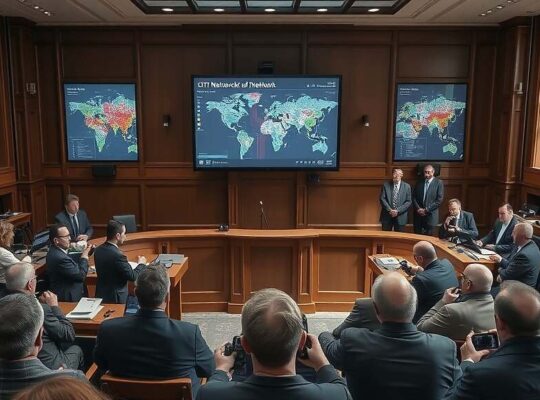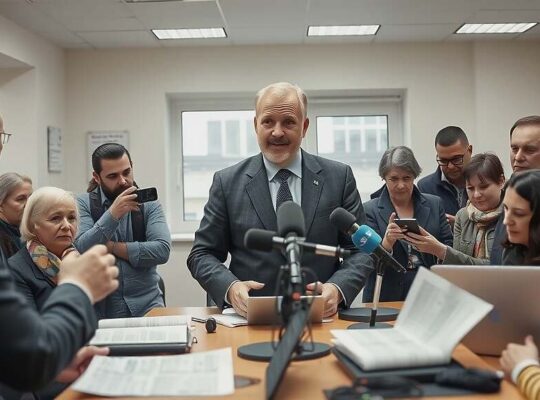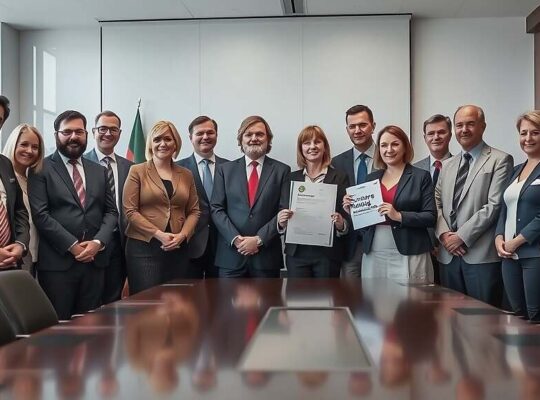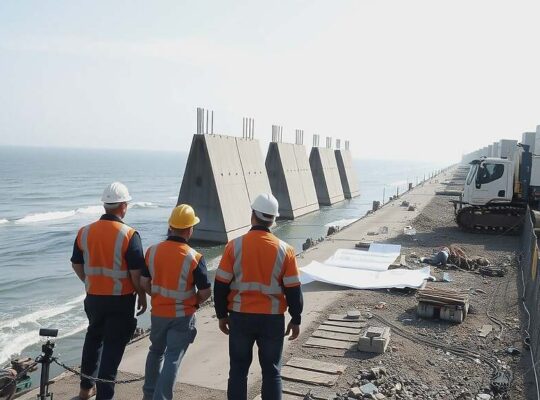Concerns are mounting among major cities in North Rhine-Westphalia (NRW), Germany, regarding the prospective distribution of funds from the federal government’s special asset for infrastructure development. Officials are worried that their needs will not be adequately addressed in the current framework.
According to Thomas Eiskirch, Chairman of the NRW Municipal Associations and Mayor of Bochum, an initial draft of the federal government’s legislation outlining the allocation of the infrastructure funds included a provision guaranteeing a minimum of 60% of the funds would be passed from the states to the municipalities. This requirement has reportedly been removed following revisions pushed for by several states.
Eiskirch voiced his concern to the Westdeutsche Allgemeine Zeitung, stating that a significantly lower percentage reaching the municipalities would pose a serious challenge, as urban areas bear the primary financial burden for infrastructure projects throughout NRW.
The NRW Municipal Associations are now intensifying pressure on the state’s black-green coalition government. They are advocating for the NRW state government to commit to forwarding at least 78% of the federal funds to municipalities. This proposed figure reflects the municipalities’ historical share of NRW’s investment expenditures over the past five years, ensuring equitable distribution and addressing the operational and financial responsibilities resting with local authorities.












